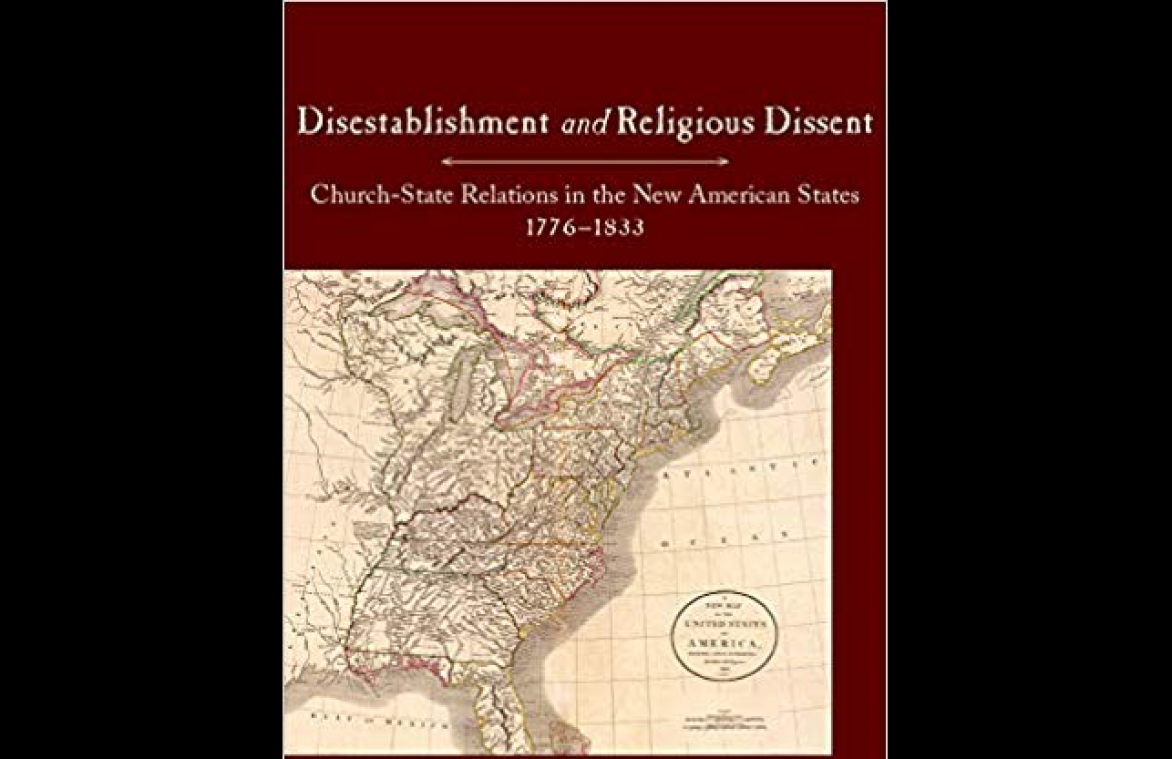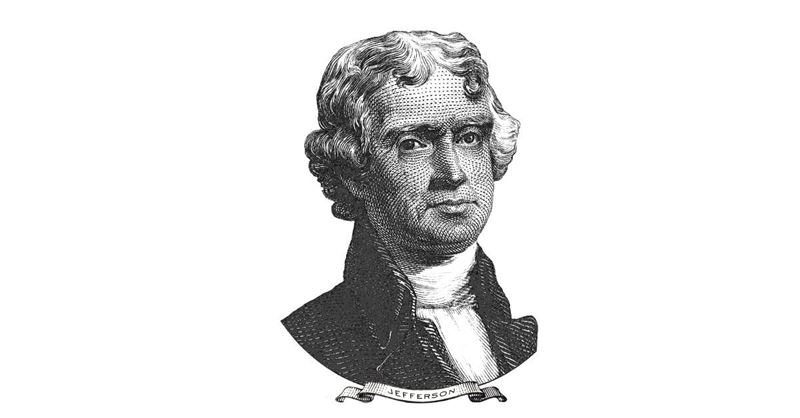Procrustes Stretched
"intuition and imagination and intelligence"
Hysterical? I am so calm it is almost scary. Not sure if it's the high dosage of bp meds. LOLYou don't seem to have anything healthy about you, but we can see why you're getting hysterical over religion. You're another terrified superstitious pagan. They're one and the same in real life; sexual deviants need to hide behind an faddish ideology, being too embarrassed about openly being perverts but needing to kill all the Xians to get them out of the way.
Emotionally, You don't even register nor do your ridiculously stupid posts.
Like the Lady inside of you, you dost protest too much


